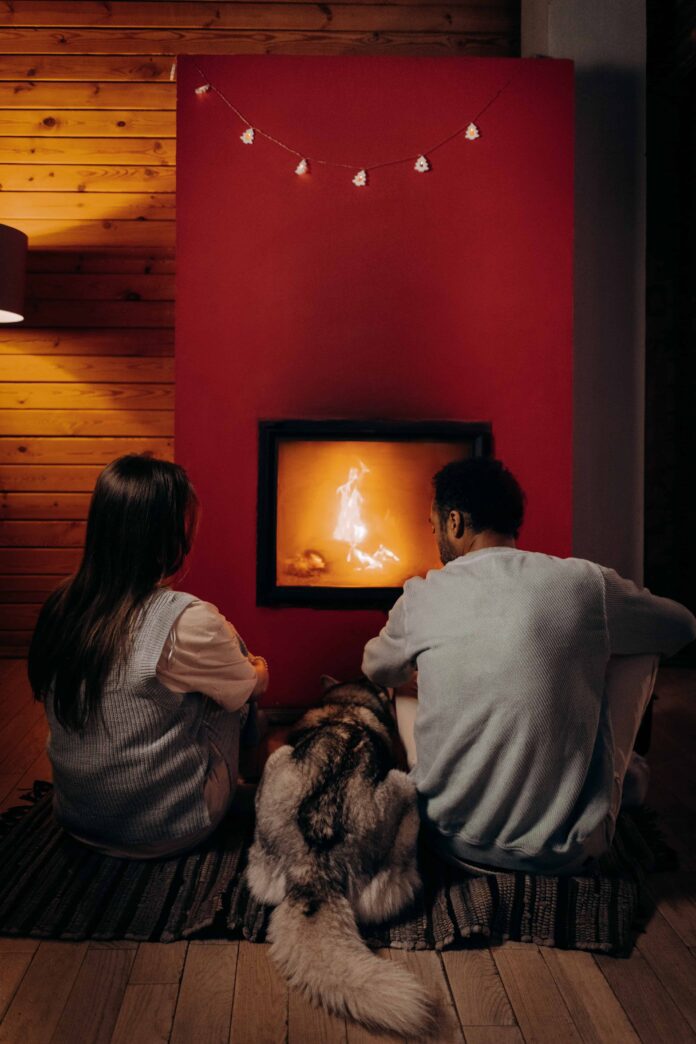When it comes to the winter months, having a heating system that works effectively is essential. As the weather changes and the temperatures drop, you should check your heating to give you peace of mind that it’s working to full capacity when you need it most. Doing this allows you to identify any issues, update your system by adding modern radiators, and get your home ready to deal with the winter season. Some arguments say keeping your heating on all day is beneficial in the winter – but is this really true? Read on to find out both sides of this bold statement.
Leaving your heating on all-day
Many experts have debated whether it’s better to leave your heating on all day than to turn it on and heat your home from cold. The argument for leaving your heating on all day in the winter months is that it won’t take your home as long to heat up as it would if you turn it on and off when you need it. It can also help to keep your home at a temperature that can help reduce condensation and dampness that comes with cold weather, and it helps to keep your pipes from freezing over.
Along with the most obvious benefits, it keeps you warm and toasty throughout the day, and you don’t need to wait for your home to heat up when you get home each night. There is a big drawback to this – it will inevitably push your energy bills up over the winter, which is something you may be hoping to avoid with the cost-of-living crisis hitting many households this winter!
Turning it on when you need it
This is what most people will do. When your home is starting to feel chilly, you’ll most likely head to the thermostat to turn up the heat, and when you can feel a difference, you’ll turn it back down again. You may also set it to a timer so that it comes on when you get home from work, or when you wake up in the morning. This is more cost-effective than having your heating on full all the time. It’s also more energy efficient as you’re only using the energy from your heating when you need it – great for reducing your carbon footprint. There is a downside to this that you may forget to turn your heating off when you leave the house, but you can reduce this risk by setting a timer, or a temperature limit on your thermostat.
How to heat your home effectively
Now that we’ve explored which way is best when it comes to heating your home, it helps to know how to keep the heat in, so you can reduce heat loss and use less energy to feel the warmth. Here are a few factors to consider when it comes to keeping the heat in.
- Insulation: Ensuring that you have effective insulation throughout your property is key. Check that you have insulation in your loft and cavity walls to ensure that heat isn’t escaping unnecessarily as this can drive up your energy bills and will make it harder for you to feel the benefit when you turn the heating on.
- Identify drafts: Feeling a draft means you can figure out where it’s coming from and eliminate it. Drafts cool your warm rooms down and can make your boiler work harder, and result in you using more energy. Use draft excluders under doors and check that there are no cracks around your windows and window frames.
- Check your heating system: Make sure your heating system is working properly before the winter sets in. Go around your home and feel each radiator as it heats up as a way of identifying whether there are issues that mean your radiators aren’t heating as they should. This means you can fix the problem, and benefit from an efficient system to reduce energy use and warm your home thoroughly.

| [donate]
| Help keep news FREE for our readersSupporting your local community newspaper/online news outlet is crucial now more than ever. If you believe in independent journalism,then consider making a valuable contribution by making a one-time or monthly donation. We operate in rural areas where providing unbiased news can be challenging. |

















